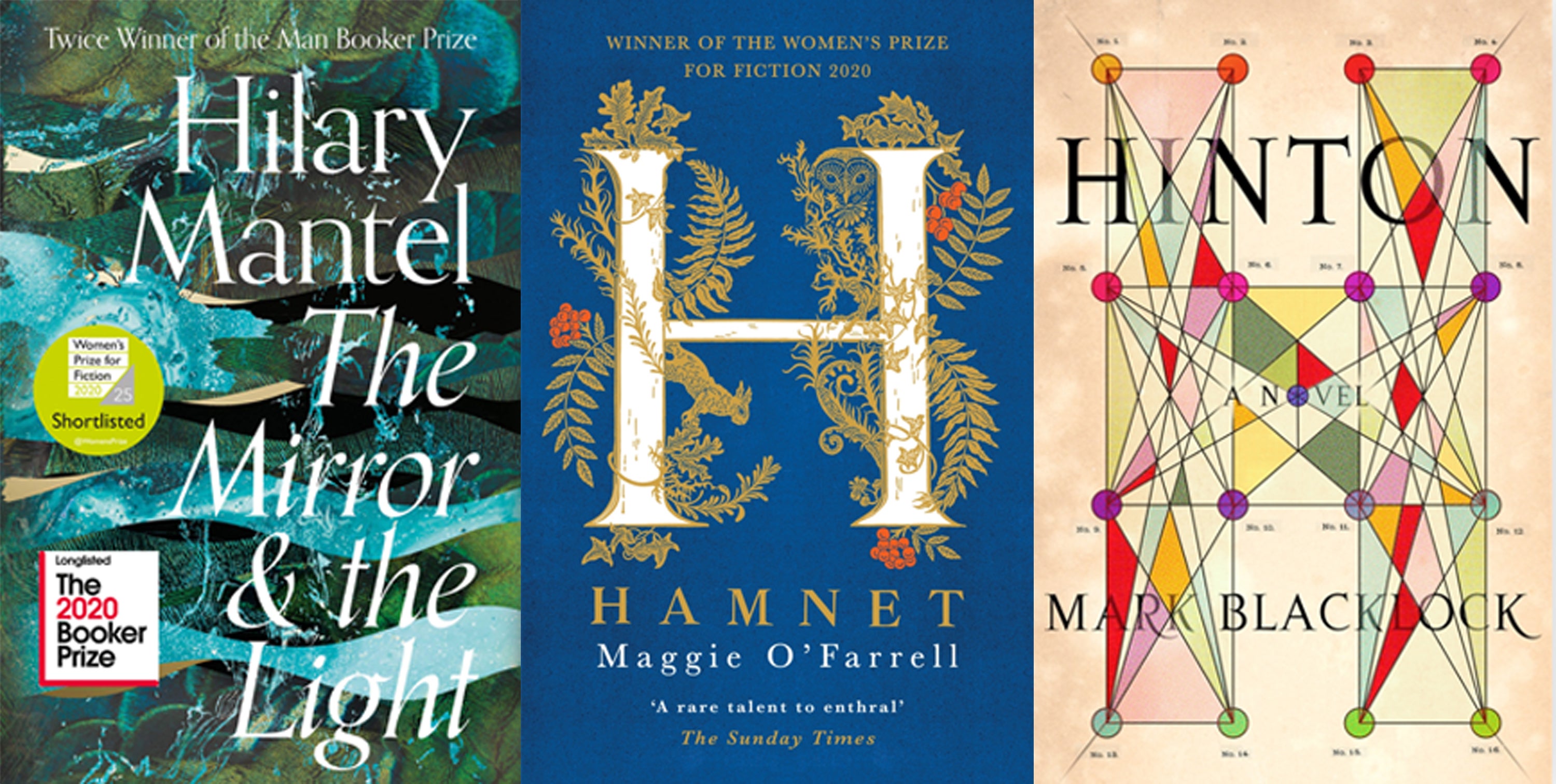Our pick of the novels up for the Walter Scott Prize for Historical Fiction
Whoever said the past was set in stone.

Your support helps us to tell the story
From reproductive rights to climate change to Big Tech, The Independent is on the ground when the story is developing. Whether it's investigating the financials of Elon Musk's pro-Trump PAC or producing our latest documentary, 'The A Word', which shines a light on the American women fighting for reproductive rights, we know how important it is to parse out the facts from the messaging.
At such a critical moment in US history, we need reporters on the ground. Your donation allows us to keep sending journalists to speak to both sides of the story.
The Independent is trusted by Americans across the entire political spectrum. And unlike many other quality news outlets, we choose not to lock Americans out of our reporting and analysis with paywalls. We believe quality journalism should be available to everyone, paid for by those who can afford it.
Your support makes all the difference.The Walter Scott Prize for Historical Fiction has announced its 2021 longlist, which features everything from the courts of Tudor England to the concert halls of Boston.
The prize rewards books written in the English language set predominantly more than 60 years in the past. In 2020 it was won by Irish author Christine Dwyer Hickey for her book This Narrow Land, exploring the marriage between artists Edward and Jo Hopper.
Here are the highlights of the latest batch up for the gong, including a mixture of familiar faces and new blood…
Hamnet by Maggie O’Farrell
After scooping the Women’s Prize for Fiction, Maggie O’Farrell’s Hamnet is one to watch when the winner is announced in June. The British-Irish author chose to cover a common topic in an uncommon way, exploring the tragic tale of Shakespeare’s young son Hamnet, 11.
The child has historically been used as a device through which to view his famous father, who would write Hamlet just a few years after his son’s death. O’Farrell goes in a different direction, focusing more on the boy’s mother, and the ripples that tragedy can send through a family.
The Mirror And The Light by Hilary Mantel
Hilary Mantel is no stranger to the Walter Scott judging panel, and won the inaugural award with her 2009 smash hit Wolf Hall. Sequel Bring Up The Bodies went on to win the Booker Prize in 2012 (along with almost everything else), but fans then had to wait eight years for the final instalment to be published.
Continuing the story of a blacksmith’s son promoted far beyond his station (aka Henry VIII’s chief minister, Thomas Cromwell), The Mirror And The Light brings the trilogy to close in a crescendo of atmosphere and intrigue. For historical fiction prizes, Mantel is hard to bet against.
Hinton by Mark Blacklock
In a steep departure from knights, ruffs and royals, Hinton sees Mark Blacklock centre on Charles Howard Hinton, a mathematician, philosopher and bigamist, whose marital escapades saw him emigrate to Japan to rid himself of his ruined reputation. The man’s many faces come through in shades of ambiguous grey, in a meticulously researched work.
In I’m Jack, Blacklock delved into the bizarre world of John Humble, the hoaxer whose attempts to convince police he was the Yorkshire Ripper derailed the investigation into the real Ripper for months. Hinton’s story is more sedate, but just as gritty, realistic, and compelling.
Mr Beethoven by Paul Griffiths
What, asks Paul Griffiths, might have happened if Beethoven had lived for another seven years, and sailed across the Atlantic to write a biblical oratorio in Boston, Massachusetts? Shortlisted for the 2020 Goldsmiths Prize, the book is more interested in Beethoven the man than Beethoven the composer – an enigmatic figure famed mostly for genius and deafness.
An expert on classical, Griffiths sticks rigorously to the historically plausible, and the result is far less outlandish than its counter-factual concept might imply.